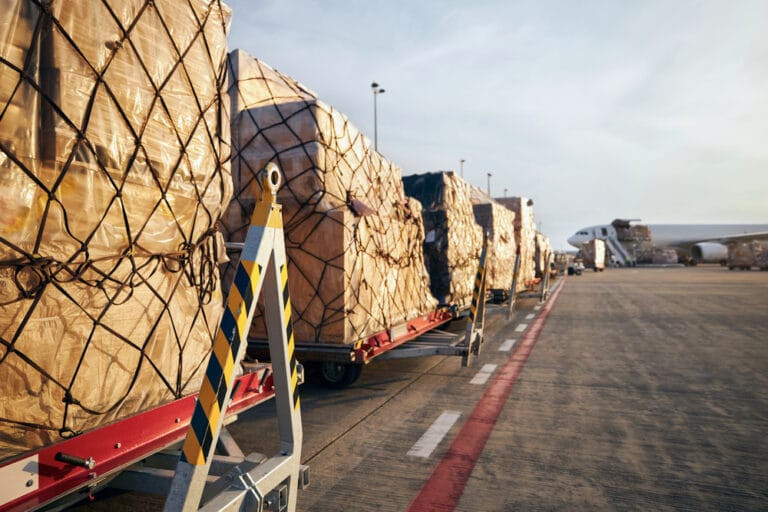If your customs declaration says “accessories,” “equipment,” or “stuff,” your shipment might soon be going nowhere.
European Union began enforcing an expanded list of banned words and phrases for Entry Summary Declarations (ENS) filed under its Import Control System 2 (ICS2). The aim: to eliminate vague, low-quality cargo descriptions that undermine customs risk management.
According to the European Commission’s own documentation, ICS2 becomes fully mandatory across all modes of transport (air, road, sea, rail) on 1 September 2025.
The list, published by the European Commission, includes over 200 stop words, terms that are now flagged as insufficiently specific for filing. If used, they’ll trigger automatic rejection of the ENS, forcing the filer to retransmit the data with improved detail.
“As ordered” won’t fly
Common industry shortcuts and placeholders, like “as ordered,” “see invoice,” “various goods,” or “sample”, are out. So are sweeping categories like “machinery,” “auto parts,” “electronics,” and even “documents.”
Phrases such as “general cargo,” “consolidated,” “consumer goods,” and “accessories” are no longer considered acceptable. Even terms like “gift,” “birthday gifts,” “stuff,” or “items” have been blacklisted for failing to convey any real information about what’s inside the shipment.
While some entries have been temporarily disabled (such as “glass,” “steel,” “fish”), most are now enforceable across all ICS2 countries and for all filing types—including air freight, postal, and express consignments.
The consequences of using these banned terms go beyond a rejected filing. Declarants risk cargo delays while they fix the data, and customs authorities may issue penalties for non-compliance.
The underlying issue is data quality. As global supply chains digitise and customs authorities rely increasingly on pre-arrival screening, vague cargo descriptions hinder effective risk targeting.
A shipment listed as “textiles” or “tools” offers no insight into the product’s origin, nature, or potential security risk. Customs wants detail, and generic terms are no longer tolerated.
Compliance is now a frontline issue
For forwarders, airlines, and brokers, this is not a theoretical policy—it’s a practical operational shift. Filing systems, templates, and staff training will all need updating.
Bulk upload systems that still allow phrases like “aid consignment,” “party accessories,” or “bazaar goods” must be revised. Even listings like “shoes,” “vegetables,” “clothing,” or “technology” are flagged as too broad.
The stop list also affects consignor and consignee details, banning entries like “private,” “unknown,” or “N/A” in name or address fields.
This reflects the broader shift toward a customs environment where “good enough” is no longer acceptable. Authorities are demanding precision, down to specific product names and classifications—before the cargo is even airborne.
Shifting mindset, not just wording
This isn’t just about swapping out a few words. It’s about a fundamental shift in how air cargo is described, documented, and processed. Shippers can no longer rely on vague umbrella terms; they need to provide accurate product-level data.
ICS2, which aims to improve pre-loading security screening and customs efficiency, depends on granular information. That means cargo described as “bits,” “gizmos,” or “mixed merchandise” will hold up not just one box—but the entire shipment.
It also signals increasing harmonisation between customs systems and data analytics. Authorities are moving away from post-arrival checks to pre-arrival filtering, and generic filings simply don’t make the cut.
In the eyes of the EU, “goods” is not a goods description. Neither is “stuff.” And “please see attached invoice” is an invitation to see your shipment stuck on the tarmac.




